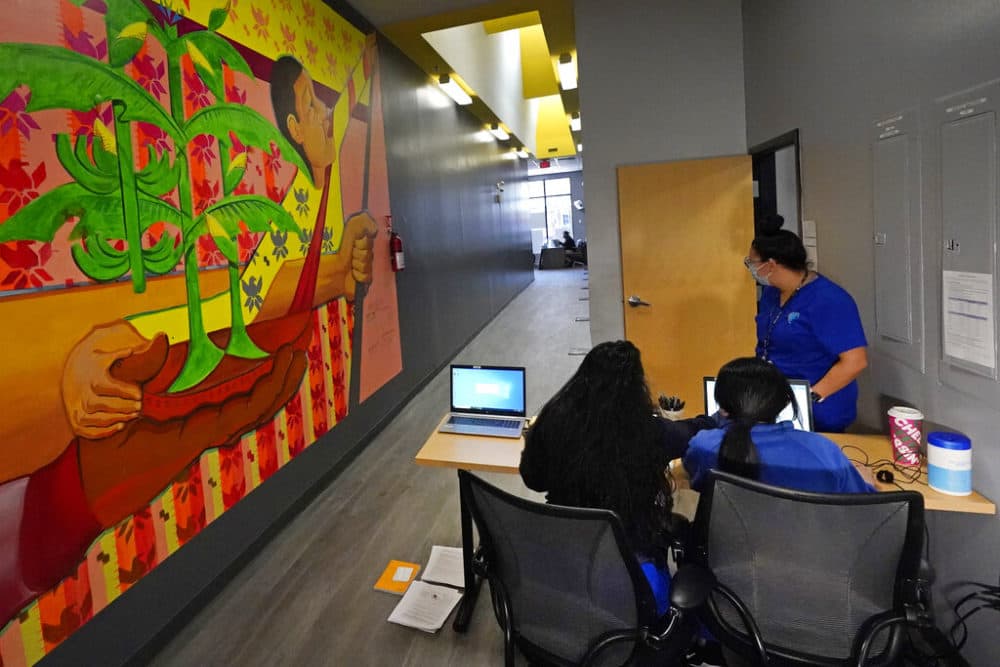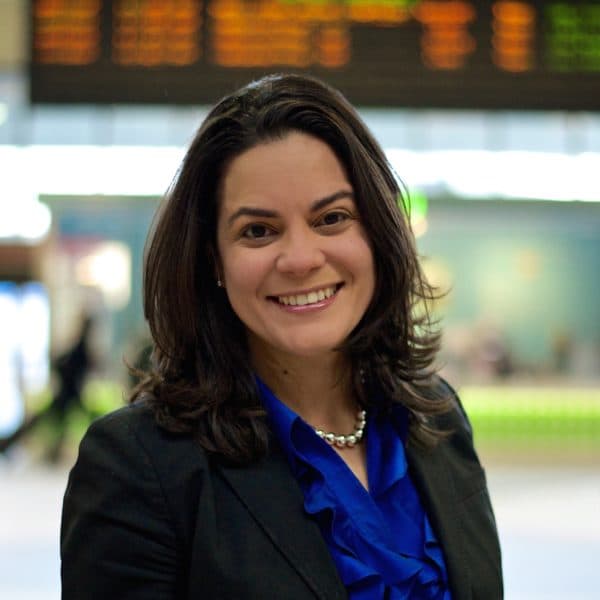Advertisement
Commentary
Let’s use what worked during COVID-19 to meet addiction, housing and other challenges

By many measures, Massachusetts has pulled through the COVID-19 crisis stronger than the nation at large, despite initial challenges in getting vaccines to low-income communities of color.
In doing so we changed the paradigm on how to address a public health crisis with a historic commitment to peer-to-peer, grassroots outreach and multicultural marketing that helped our most vulnerable communities get vaccinated.
Now, with attention shifting to challenges of unemployment, addiction, housing and homelessness, Massachusetts must renew its grassroots approach to support our most vulnerable people.
So, let's review how our commonwealth completed its COVID turnaround:
The Baker administration’s investment of more than $37 million in the COVID Vaccine Equity Initiative provided critical resources towards statewide grassroots mobilization. The initiative enlisted 152 multicultural community organizations and ethnic media outlets, empowering those closest to the pain to work directly with their peers.
Massachusetts must renew its grassroots approach to support our most vulnerable people.
Organizers working in 20 “Equity Communities” knocked on more than 865,000 doors, conducted 250,000 conversations, and hosted nearly 4,000 visibility events to distribute vaccines and personal protective equipment. (Disclosure: the marketing company I founded helped to design and deploy this strategy.)
Despite what some advocates have argued, the Equity Initiative also included major investments in Community Health Centers and local boards of health – more than a third of the overall budget.
Massachusetts’s approach has led to 69% of Black residents and 63% of Latinos receiving at least one dose of the vaccine. This compares to just 48% of Black residents vaccinated nationally and 53% of U.S. Latinos. Massachusetts’s Asian population vaccination rate of 81% also leads the U.S. rate of 71% -- all this according to recent data from the CDC.
How did grassroots outreach lead to these results?
In Brockton, Equity Initiative Ambassadors knocked on the door of a Haitian woman who believed that God alone would protect her from COVID. To best address and respect her beliefs, they connected her with a local Haitian minister who persuaded her to come to the Brockton Church of God to get vaccinated.
Advertisement
A young Black man went to the Everett Haitian Community Center (a grantee of the Equity Initiative) and told its staff he was afraid of the vaccine due to conspiracy stories he’d heard. The Center provided facts to assuage his fears, so much so that he later signed on as a representative for the campaign.
In Revere, campaign ambassadors knocked on the door of a women who was homebound and agoraphobic and would only talk through her window. The ambassador was able to convince her to leave home for the first time in weeks and helped her get to a local clinic to get vaccinated.
Dr. Joseph Betancourt, senior vice president for Equity and Community Health at Massachusetts General Hospital, which operates a community health center in Chelsea, has lauded these strategies for addressing hesitancy amongst communities of color.
“We are there with curiosity, with empathy and respect, giving the people the information they need,” Betancourt said in a recent community conversation.
Peer-based community and integrated marketing strategies can, and must, be used to tackle other looming health and economic challenges.
The city of Boston recently declared a public health emergency on addiction and homelessness related to the encampment of more than 150 tents on Massachusetts Avenue and Melnea Cass Boulevard. Mayor-elect Michelle Wu has already named senior cabinet officials to spearhead this response.
Statewide, the end of federal eviction bans put in place during COVID risks a greater potential homelessness challenge.
Peer-based community and integrated marketing strategies can, and must, be used to tackle other looming health and economic challenges.
And a major economic challenge looms around bringing back displaced workers and training them to re-enter the workforce. Three hundred thousand people in Massachusetts recently lost federal unemployment benefits, many of whom were laid off during the pandemic. Meanwhile, there are 250,000 job openings in Massachusetts, with many businesses desperate for skilled labor, according to the Boston Business Journal,.
The commonwealth must again deploy a peer-based approach to meet those who are unemployed, homeless, drug-addicted or dealing with related issues around mental health, food insecurity, housing or even just heating their homes during winter. And we must finish the work we started in getting all adults and children vaccinated.
Grassroots community members and ethnic media outlets can help conduct compassionate conversations with their peers and connect them with the resources they need. These integrated strategies also bring economic mobility by hiring people in the communities to be advocates and ambassadors for change.
Gov. Charlie Baker and his administration deserve credit for supporting grassroots community organizing during the COVID-19 crisis. Now the governor, Mayor-elect Wu, and other local leaders must continue to support this approach to tackle looming challenges in the wake of COVID and beyond.
